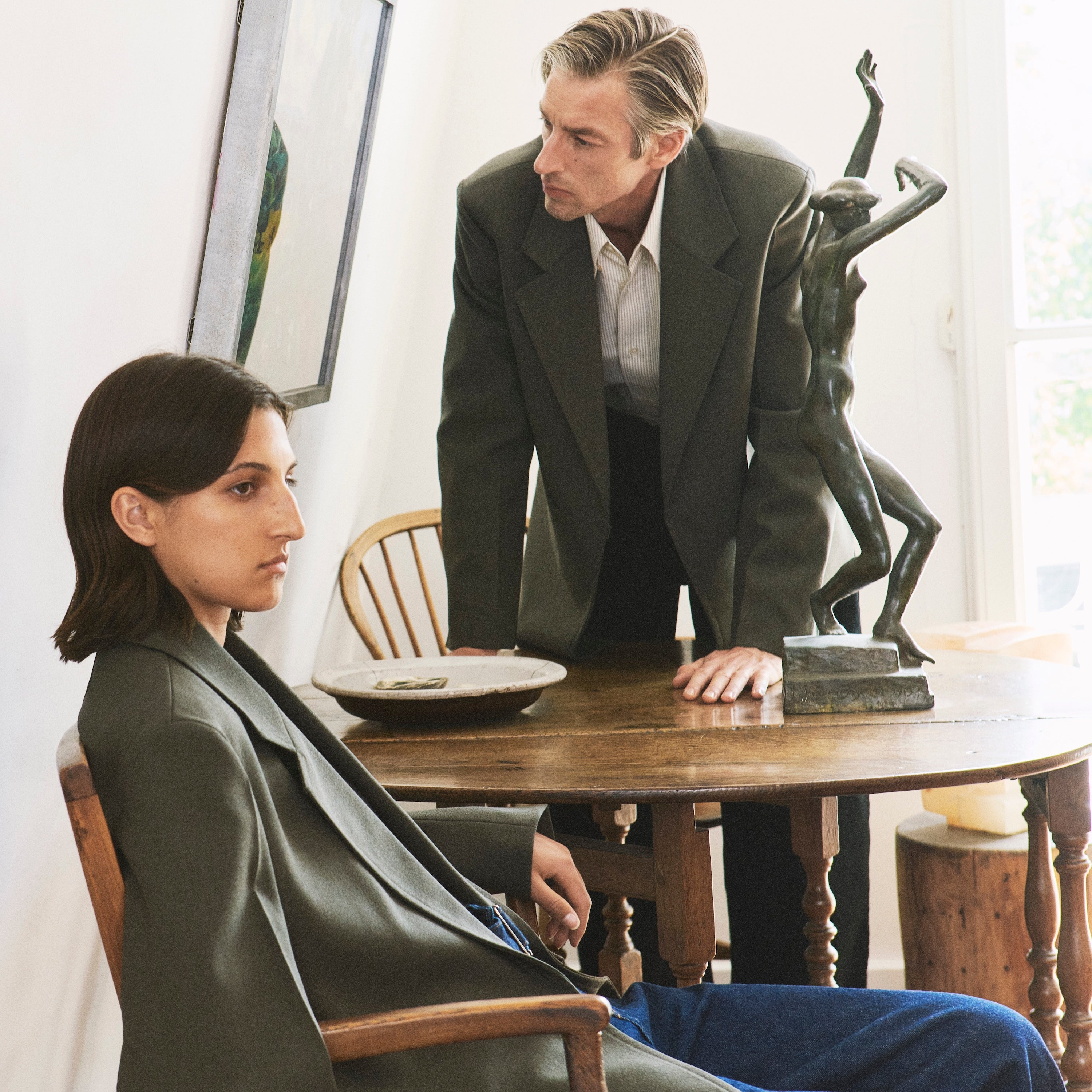




Preferring to discuss one of his many other pursuits (painting, woodwork, developing a coffee brand, transcendental meditation…), he is notoriously evasive when asked about the meaning behind his films’ signature motifs. From Blue Velvet’s neo-noir terror to Lost Highway’s writhing narrative and Inland Empire’s nightmarish frenzy, Lynch’s films are decidedly open to interpretation; for some, they are beautifully complex and for others, frustratingly irrational. As he once told the LA Times, “Life is very, very confusing, and so films should be allowed to be, too”.
But there is something a little more concrete that belies his work, a theme that we can trace back to Lynch’s own childhood. Raised in small-town America (beginning life in sleepy Missoula, Montana), Lynch seems to revel in subverting Americana from placid and wholesome into something altogether more deranged. This idea is maybe best distilled in his seminal TV series Twin Peaks. A surreal murder mystery set in a backwater logging town, it gained enough of a cult following in the 1990s to be revived for a third season over 25 years later, finally airing in May last year. Exactly what Lynch intends to say about American culture is hard to pin down, but his obsession with slitting open its underbelly suggests an indictment. He takes the tropes of suburban America—picket fences, manicured homes, friendly locals—and mutates them beyond recognition with dreamscape anxiety and violence.
Almost as interesting as his work, is Lynch’s iconic look. At odds with the crazed disorder of his films, his severe style has become a trademark. The uniform: slightly oversized black suits, crisp white shirts buttoned to the neck and a Beckett-like swish of grey hair. It’s effect is genius; all the visual cues of respectability from a man whose creative output is sometimes scarily obscene.
The countless anecdotes on Lynch from colleagues and friends add to his enigmatic legend. He never auditions actors, instead preferring to talk to them about cars or the weather. And according to most reports he is surprisingly normal (“I’m a regular person. I do regular things.” he confirms, maybe with a touch of irony).
But yes, his work is probably as weird as big budget filmmaking gets. The term ‘Lynchian’ has even become shorthand for his specific brand of weirdness. Super producer Mel Brooks explains it well: “‘Lynchian’ is the secret person we all are. He sees the grotesque joke of life. He feels it. And he wants to express it. He always wants to tell us who we really are. We need David to tell us. Who are we, really? Part animal, part businessman, part wacko. He knows.”.
Natalya Frederick

